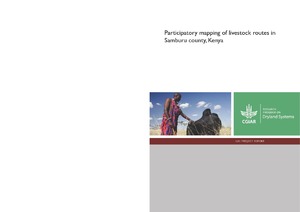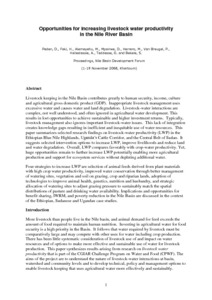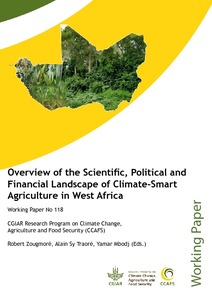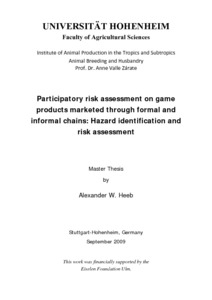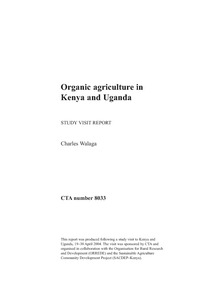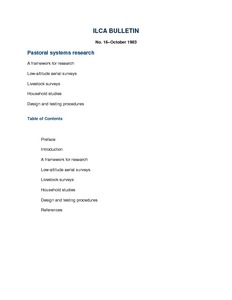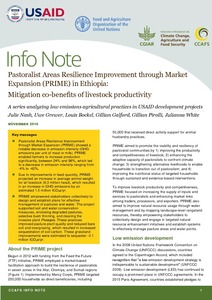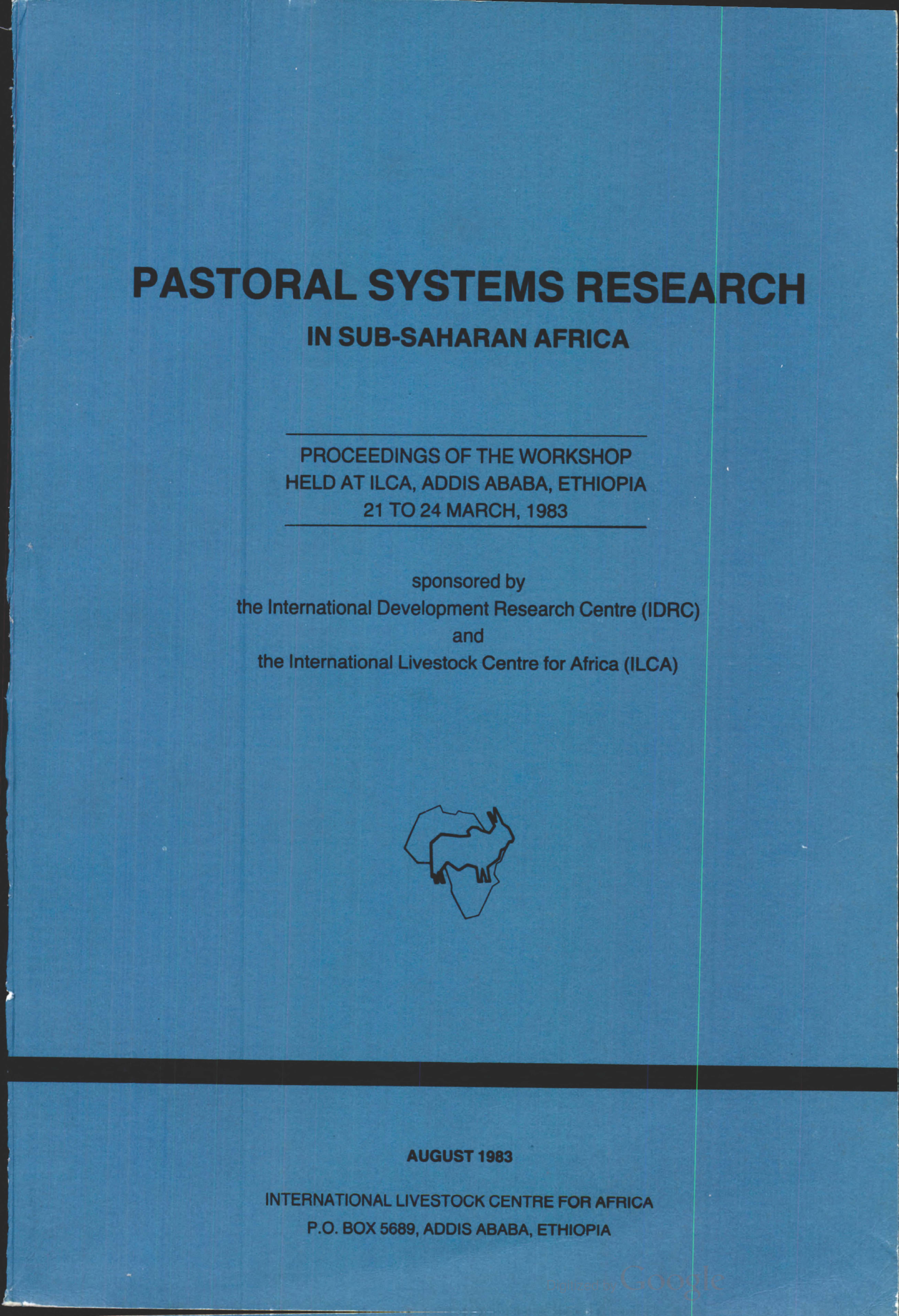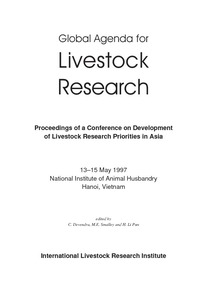rangelands
AGROVOC URI: http://aims.fao.org/aos/agrovoc/c_6448
Opportunities for increasing livestock water productivity in the Nile River Basin
Livestock keeping in the Nile Basin contributes greatly to human security, income, culture and agricultural gross domestic product (GDP). Inappropriate livestock management uses excessive water and causes water and land degradation. Livestock-water interactions are complex, not well understood, and often ignored in agricultural water development. This results in lost opportunities to achieve sustainable and higher investment returns. Typically, livestock management also ignores important livestock-water issues.
Overview of the Scientific, Political and Financial Landscape of Climate-Smart Agriculture in West Africa
The agricultural sector plays a key role in the Economic Community of West African States (ECOWAS). As the backbone of the economy, it affects society at many levels since national economies and people’s jobs, incomes and food security depend upon it. Climate change and variability pose a major threat to farmers in the region, which is already experiencing rising temperatures, shifting precipitation patterns, and increasing extreme events.
Participatory risk assessment on game products marketed through formal and informal chains: Hazard identification and risk assessment
Organic agriculture in Kenya and Uganda: study visit report
This report was produced following a study visit to Kenya and Uganda, 19–30 April 2004. The visit was sponsored by CTA and organised in collaboration with ORREDE and SACDEP–Kenya.
Participatory planning of appropriate rainwater harvesting and management techniques in the central rift valley dry lands of Ethiopia
Despite the extensive efforts of rainwater harvesting and management (RWHM) interventions for moisture-stressed areas in Ethiopia, the adoption and wider dissemination of the newly introduced techniques have been generally meager. The objective of this study was, therefore, to develop appropriate RWHM techniques through a participatory planning process in the Central Rift Valley (CRV) dry lands of Ethiopia. To achieve this objective, a combination of literature reviews, focus group discussions, questionnaire surveys, agro-meteorological analyses and field experimentations were undertaken.
Pastoral systems research
Selection of presentations made at the workshop on "Pastoral systems research in sub-Saharan Africa", describing the framework used by ILCA for pastoral systems research (PSR), examining methods used in the descriptive and diagnostic stage of PSR, and showing how the design and testing procedures are followed in practice; with particular reference to low-altitude aerial surveys, livestock surveys & household studies.
Pictures from the Field- East and Southern Africa
Pastoralist Areas Resilience Improvement through Market Expansion (PRIME) in Ethiopia: Mitigation co-benefits of livestock productivity
Pastoralist Areas Resilience Improvement
through Market Expansion (PRIME) showed a
notable decrease in emission intensity (GHG
emissions per unit of meat or milk). PRIME
enabled farmers to increase production
significantly, between 24% and 96%, which led
to a decrease in emission intensity ranging from
-4% to -42%.
? Due to improvements in feed quantity, PRIME
projected an increase in average animal weight
for all livestock (8.3 million head), which resulted
in an increase in GHG emissions by an
Pastoral systems research in sub-Saharan Africa
Presents a collection of conference papers defining pastoral systems research; the survey and diagnostic phase of pastoral systems research; ILCA's experience in remote sensing techniques and aerial surveys; survey of vegetation resources; livestock productivity and animal nutrition; pastoral production strategies, wealth effects, household studies, and labour data collection as well as livestock marketing studies.
Pictures from the Field North Africa & West Asia
Partnerships with NARS for technology transfer
The International Livestock Research Institute (ILRI) works through partnerships which are critical for two reasons: for collaborative research on key components and constraints and for the development, testing and transfer of technologies, based on farmer's needs. The ILRI programme designed to strengthen partnerships with NARS has a set of integrated activities, viz, training and training materials development, information products and services and networking.

